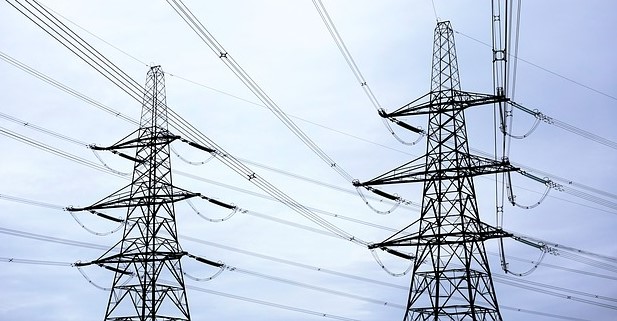Texas heat wave – dangerous disaster brewing
Ever since the heat dome established itself over Texas and northern Mexico on June 14, some 30 million to 40 million people have been baked and stressed by unrelenting heat. For an example of unrelenting heat, consider the record set June 19 of 111 F in San Angelo, Texas, which was broken June 21 with a new record of 114 F.

While media coverage of this event has been downplayed, it is five times more likely than not that this heat dome/heat wave is a result of human-induced global warming. This pattern of heat dome is what created the heat wave in the Northwest last summer and which dried out northern Quebec this year in late spring.
According to predictions from the National Weather Service (NWS), this heat wave will intensify and last at least through the first week of July. It will likely spread to Louisiana, Oklahoma and Kansas.
Mexico, which has also been impacted, is reporting scattered outages. The Mexican National Center for Energy Control (Cenace) had to declare a state of emergency late Tuesday, after reaching an operating reserve margin of under 6%.
Dangerous conditions
The NWS has created a heat index, which combines air temperature with humidity to objectively measure conditions for outside workers and houseless people. Outside workers include people doing deliveries, repairing roads and electric lines, working in traffic control, construction, landscaping and agriculture. Houseless people are individuals who have to live in tents or temporary shelters, or who don’t even have tents, because they can’t afford to rent or to buy homes.
Any heat index over 103.9 F is considered extremely dangerous. The airport at Corpus Christi had a heat index of 125 F. Many cities throughout Texas are reporting triple-digit temperatures.
When people have to work outside, the Occupational Safety and Health Administration (OSHA) has rules about breaks, shade, water, training to avoid deadly heat exhaustion and heat strokes. Six days ago, a 35-year-old electrician from West Virginia, who was working in Texas, died of a heat stroke.
Texas Gov. Greg Abbott had signed a “Death Star Bill,” which removes worker protections that some Texas municipalities had provided. OSHA doesn’t have enough staff to enforce its rules.
A letter carrier for the U.S. Postal Service died delivering mail. Hospitals are reporting a flood of admissions to treat heat-caused medical problems.
And with two-thirds of prisons in the state lacking air-conditioning, most incarcerated people are suffering from the horrific heat with no relief, while also being denied access to sufficient drinking water and regular showers.
Will the lights stay on?
The Texas power management agency is openly wondering how it will deal with the three largest cities in Texas — Houston, Dallas and Austin — when all hit triple digits at the same time and air conditioning is turned on full blast.
Texas is the only state in the contiguous 48 states that is not connected to either of the national grids, which might supply backup power. The Texas bourgeoisie wanted to avoid federal regulation.
The image of Texas is that of an oil and gas-producing state. But Texas relies on wind and solar farms for much of the electricity it consumes. So far this year, about 7% of the electric power used in Texas has come from solar and 31% from wind.
Many Texas senators have been nattering about the “inherent instability” of renewable energy. They argue that “renewable energy is inherently unreliable and that more fossil fuels are needed to avoid another electricity blackout crisis.” (Washington Post, May 8) They are still doing what they can to favor and promote fossil fuels.
Newsweek notes: “Battery storage systems allow for the energy produced when demand is below supply to be stored and then released onto the grid during peak usage times. As renewable energy isn’t generated at a consistent level over time, they are playing an increasingly important role in the transition to green alternatives.” (June 26)
When a large coal plant was knocked off-line during peak hours because of the heat, batteries brought to back up “renewables” were quickly dispatched to keep the grid up. When a nuclear plant a few days earlier hiccuped, batteries kept the grid up.
Gloria Rubac, organizer with the Texas Death Penalty Abolition Movement, contributed to this article.

